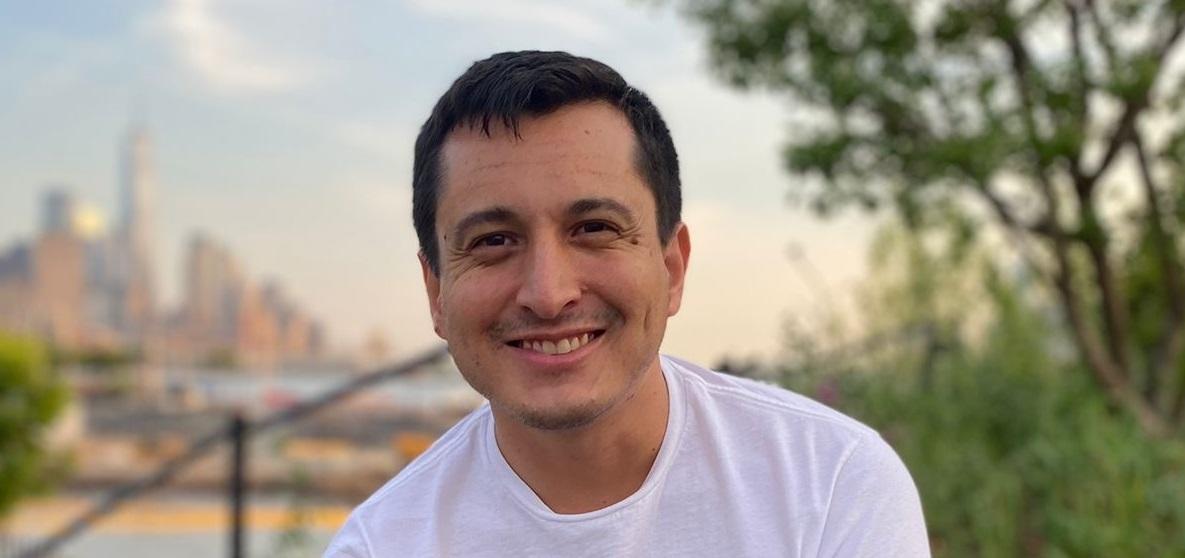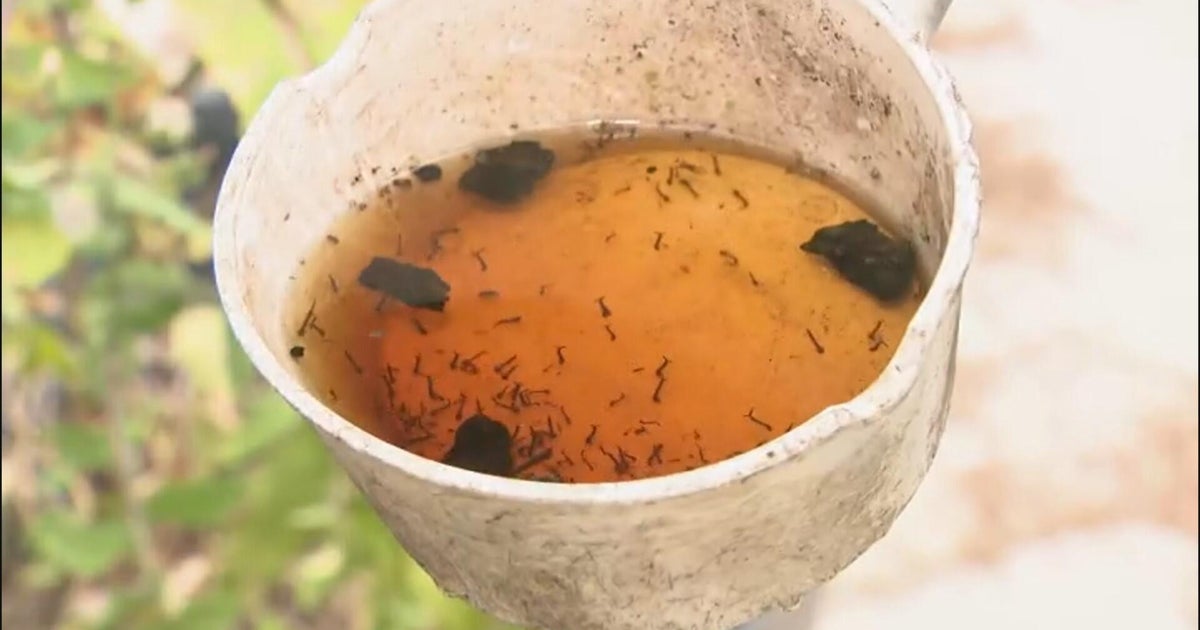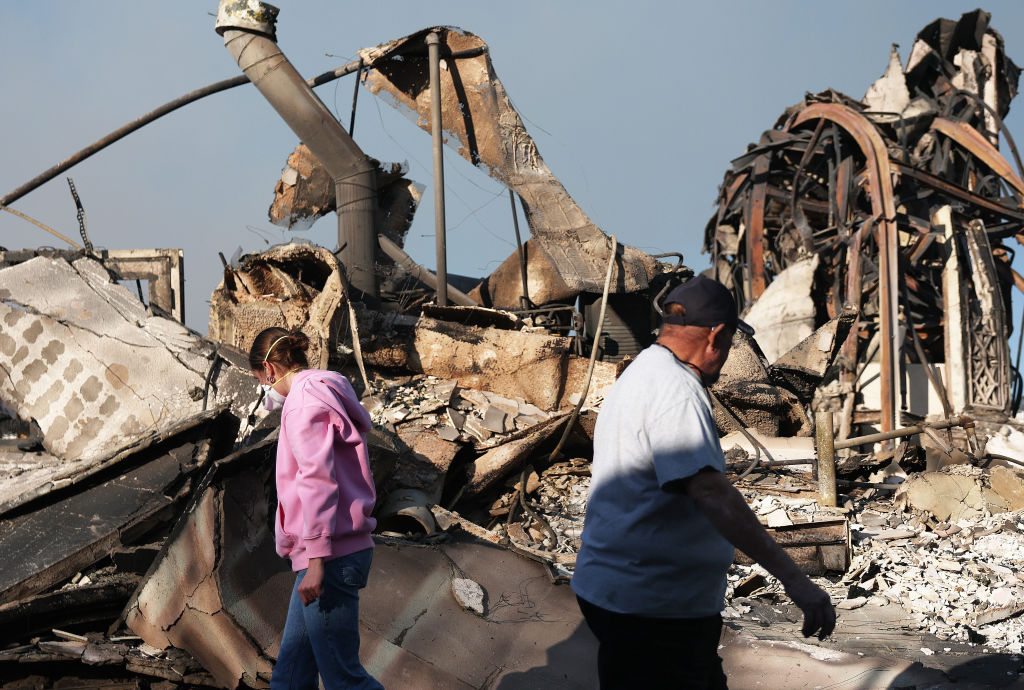Pineros, invisible men of the pines, are on the front lines of preventing explosive wildfires
Historic winds have been fanning flames in Northern and Southern California. Nearly 200,000 residents were ordered to evacuate their homes. Millions have been without electricity after the state's largest utility cut service to prevent other wildfires. Experts say rising temperatures and a century of forest overgrowth mean these fires are a new normal and a sign of what's to come.
"There's been a history now for over 120 years of a lack of real fire management in our national forests," Brinda Sarathy, professor of environmental analysis at Pitzer College, told CBS News contributor Leslie Sanchez. "Fear of fire has resulted in a forest landscape that is just a tinderbox waiting quite literally to explode."
Catastrophic wildfires have devastated the American west. The one year anniversary of the deadly fire in Paradise, California is approaching; 85 people were killed and it caused more than $11 billion in damage — one of the costliest natural disasters in history. The urgency to reduce these fire hazards is now a year-round struggle for a group of workers known as "pineros" — or men of the pines. Most of them come from Mexico.
Siblings Victoria and Filberto Bencome Jr. were raised in the pines and their father spent 25 years working in the forests.
"I remember one time my mom and my dad me were like, 'What do you want to do when you grow up?' I said I want to be like my dad. And my mom, her her face just dropped and she was like, 'No you don't. My dad was like, 'No you don't.'
The danger of the job hit close to home. Filberto's father was injured on the job when a chainsaw malfunctioned. Even one of his great uncles was killed by a tree.
Latinos on the front lines
Grayback Forestry is one of the oldest and largest forestry contractors in southern Oregon. They employ majority Latino crews who have worked together for 20 years. CBS News embedded with Grayback during a planned burn of the forest floor. It's a proactive process that fights fire with fire.
"We're gonna burn the ground black," Sean Hendricks of Grayback said. "We're gonna paint it black and we're going to keep the fire on the ground. We're just trying to clear the ground litter, reestablish fire to the landscape, release the nutrients in the in the fire char that's created from this next spring. This will be just a beautiful bed of wildflowers."
When wildfires flare up, many forestry crews have to shift roles, becoming firefighters at a moment's notice.
"What happened is the Latino workers were very very good at this work. They were efficient," Sarathy explained.
"How do you get Latino workers on federal lands managing our forests? There were two amnesties that were passed in 1986 and 1996 for immigrant workers," she added. "What these amnesties ended up doing is they provided a legal pathway for some folks who had been in the country."
While Grayback employs Latino Americans, many federal forestry contractors in southern Oregon rely heavily on seasonal migrant labor through a H2B guest worker program.
Ivan Gonzalez of G. E. Forestry said 90% of his workforce are foreign workers and described the working conditions.
"You do an eight-hour job in the forestation," he said. "You can't even go to the bathroom at the end of the day. That's how painful it is."
Filberto Sr. retired from forestry two years ago after stepping into a stump hole covered in ash, severely injuring his back.
Filberto was brought to the U.S. legally by his father, who was part of the bracero Mexican labor program. He obtained his citizenship in the early 1980s and worked the forest for over 25 years, becoming a foreman.
"My dad is in his mid-fifties, he's really young. And I honestly feel that working in the forestry industry took away at least 20 years of his life," Victoria Bencome told CBS News. "Most of the forestry workers are like my dad look and work in conditions like my dad did."
Toll of firefighting
"At what price are we getting healthy forests?" Sarathy asked. "These are public lands and what is it worth? A kind of a subservient or exploited workforce? I don't really care what their status is. Should anyone be treated that way in order for us to have you know a healthy landscape in or who is putting out those fires."
Despite how hard the work is, many pineros say it is their best opportunity to make a better life.
"We don't do eight hour jobs," Gonzalez said. "We do 12 to 16 [hours] a day. So overtime, overtime, overtime. We don't stop working for 14 days in a row and then we get a two day break. So your hours come up to like 160 hours in two weeks, plus overtime and hazard pay."
For many of the pineros, it is not just about the paycheck.
Filberto Sr. said it was about protecting the forest and the people who were working for you.
Sean Gallitz and Maher Sattar contributed to this report.









